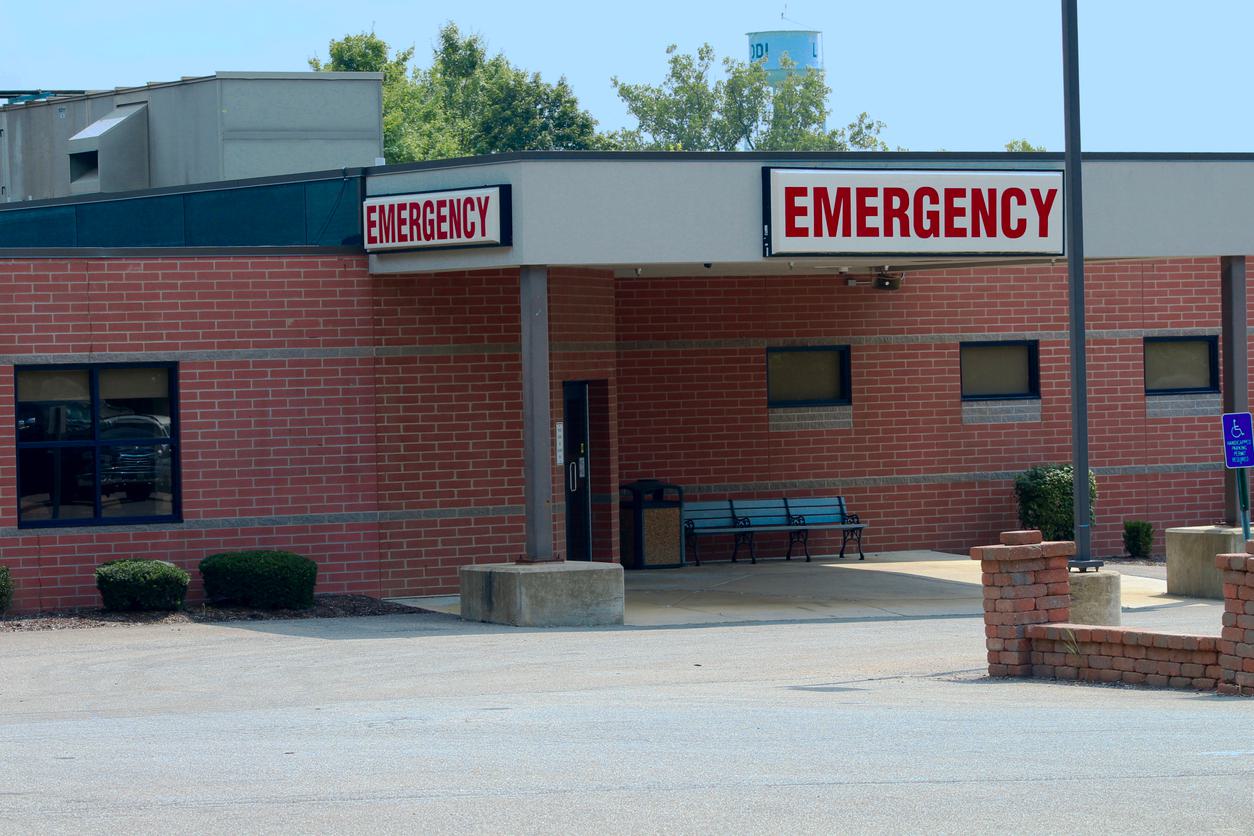MONTGOMERY — State Sen. Larry Stutts (R-Tuscumbia) filed legislation on Tuesday exempting rural Alabama hospitals and health care facilities from certificate of need (CON).
In Alabama, any hospital or medical clinic that wants to open, add beds or relocate must first be approved by the Certificate of Need Board. The governor appoints members to the CON Board.
The bill by Stutts would eliminate the certificate of need requirement for any proposed new or expanded medical facility or health care service that is to be located in a rural area.
“It eliminates one more barrier to them being able to offer services. More importantly, it helps the people in the rural areas. It will help the hospitals, but it’s not just about protecting the hospitals. It’s about making medical services available in rural communities and certificate of need creates an unnecessary barrier to having those services in all communities but particularly in rural communities,” Stutts told 1819 News on Tuesday. “It’s a big expense. Second, it’s a big delay. The people that are opposed to reforming the CON process or eliminating it completely are all the people that already have one. It’s anti-competitive, just totally an unnecessary barrier.”
The exemption would apply to 47 counties, about two-thirds of the state. The bill defines a rural area as any area outside of a metropolitan statistical area (MSA) as determined by the U.S. Office of Management and Budget (OMB). An MSA is a location with at least one urbanized area and at least 50,000 people. MSAs are typically cities and their linked surrounding areas.
“At one time, hospitals, health care facilities in general were reimbursed at a cost-plus basis and that’s not the case anymore. The original intent and the original need for CON law no longer exists. When Medicare, Medicaid, the federal dollars that were paid into health care…all they had to do was show a cost and then they got cost-plus. That hasn’t been in place for years. When that was the case, you needed a restraint to keep people from just building stuff and saying, ‘This is what it costs me, now pay me this much for the service I’m providing.’ That’s no longer the way entities are reimbursed. The original purpose of the CON no longer exists. It does not control costs. All it does is stifle competition,” Stutts said.
According to the National Conference of State Legislatures, 12 states have fully repealed their CON programs or allowed the program to expire. New Hampshire was the most recent state to repeal its CON program in 2016.
“States have repealed it. States have reformed it and Alabama has not. There’s a group of about five or six states that have the most restrictive CON laws in the country and Alabama is one of those six states. There are quite a few states that have no CON laws,” Stutts said. “There are five states that have had zero rural hospital closures and none of those five states have a CON law. I’m not saying that’s absolutely cause-and-effect, but you can not say that it’s going to hurt the rural hospitals when the states that have had zero rural hospital closures do not have CON laws at all.”
To connect with the author of this story or to comment, email caleb.taylor@1819News.com.
Don't miss out! Subscribe to our newsletter and get our top stories every weekday morning.







